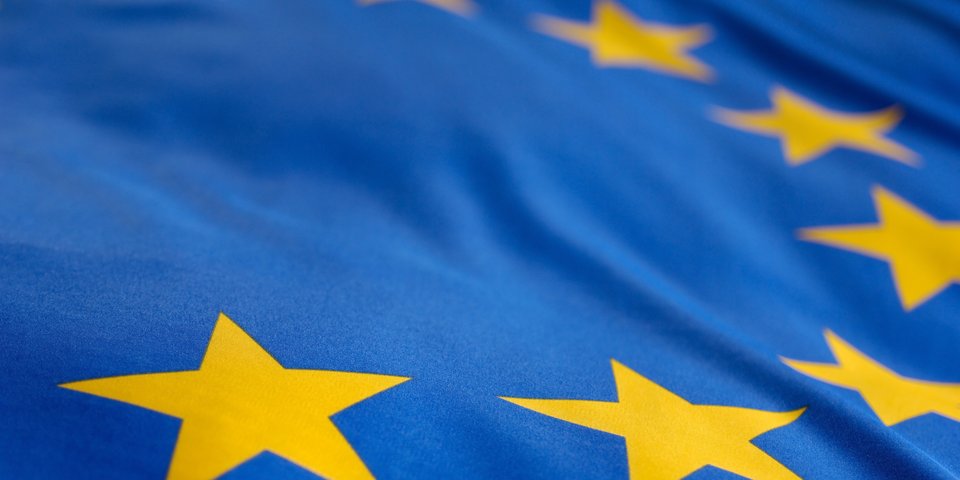 richterfoto
richterfoto"Alcohol Problems"
The own-initiative report of the special committee on cancer faces a new hurdle.
UM – 02/2022
Hard wrangling took place among MEPs on
BECA – the European Parliament's special committee on cancer – until an
agreement could be reached between the political groups on 9 December last year
and the report entitled "Strengthening Europe in the fight against cancer
– towards a comprehensive and coordinated strategy" (Report only in English) could be adopted (cf. DSV
News January 2022). There had been specific arguments about e-cigarettes as
an alternative to cigarettes and about nutritional issues. In addition, quite a
number of MEPs were annoyed by soft warnings about alcohol.
WHO: There is no such thing as safe alcohol consumption
Alcohol plays a key role in Europe's
beating cancer plan. This contains the target of reducing per capita
consumption by at least 10 per cent by 2025. According to the recommendations
of the World Health Organisation (see here), there is no reliable measure of safe alcohol
consumption. This was also finally agreed upon in the BECA. But precisely
because of this statement, the hard-won compromise is once again being called
into question. According to the criticism, the risks of alcohol consumption
would be overestimated.
"Not every sip of alcohol is poison" (1)
According to reports, some parliamentarians
from the ranks of the EPP Group who were not members of the BECA want to
further weaken the wording in the text before the special committee's
own-initiative report is finally put to the vote in the plenary of the European
Parliament in mid-February. It maintains that there is responsible, moderate
and harmful alcohol consumption. This should be made clearer in the report.
BECA report to be "reworked"
Amendments are now being prepared to
highlight these supposed differences in the report. In addition, the supporting
references to the already cautiously worded health warnings against alcohol
consumption are to be replaced by information on the responsible use of
alcohol. If the proposed amendments find a sufficient number of supporters,
they must be voted on. There are indications that the "low threshold"
(5 or 10 per cent of all Members of Parliament) is reached in the EPP, which
according to Article 180 of the Rules of Procedure of the European
Parliament entitles to have amendment proposals examined in the plenary.
Health organisations for clear words
In an appeal (letter dated 4 February 2022), a number of health
organisations have written to MEPs urging them not to weaken the report
further. The plenary session on 15 February must show whether your plea will be
crowned with success.
